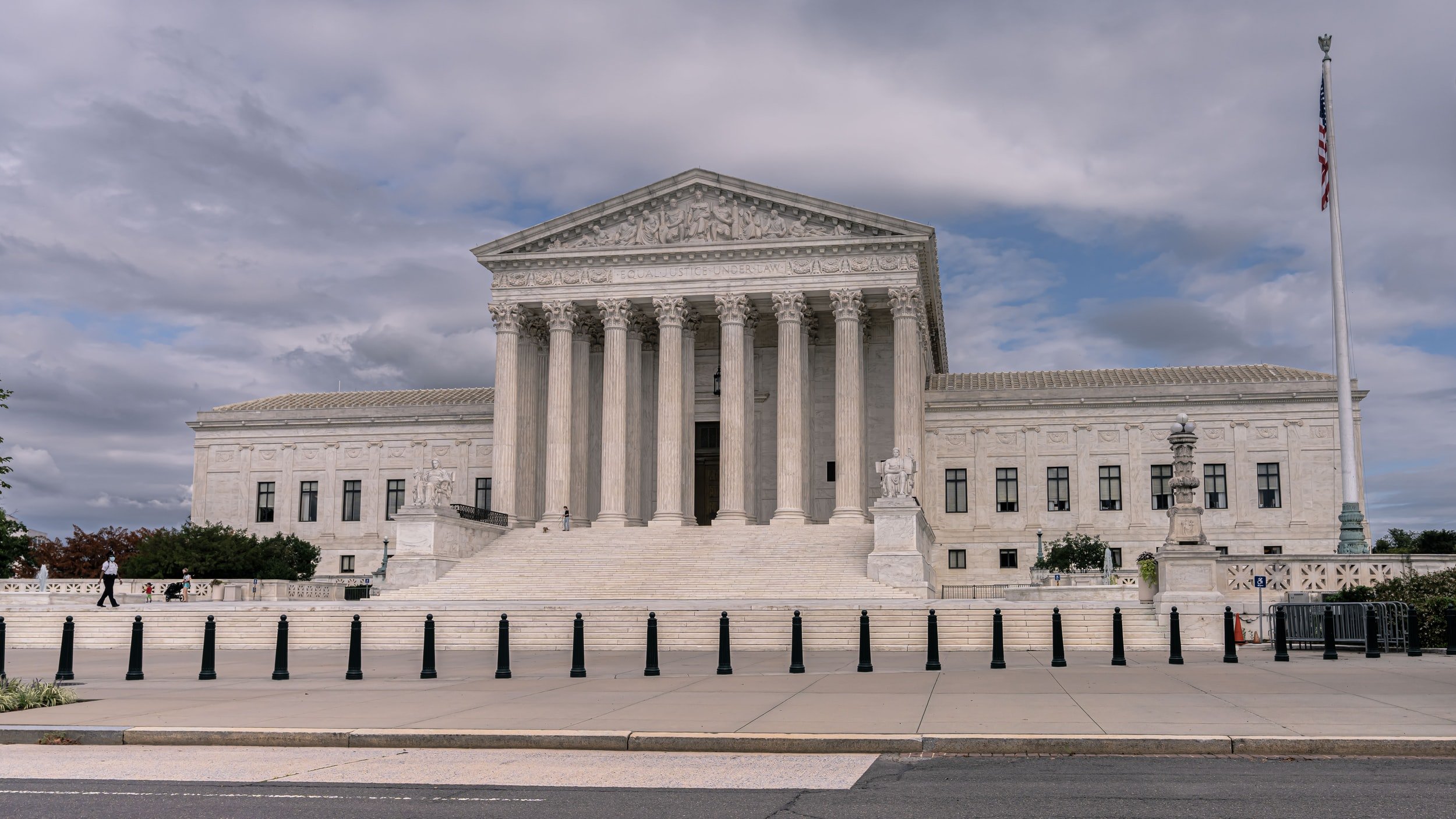Presidential Accountability and the Rule of Law: Can the President Claim Immunity if He Shoots Someone on Fifth Avenue?
Can a sitting President be indicted while in office? This critical constitutional question has never been directly answered by any court or legislative body. The prevailing wisdom, however, is that, though he may be investigated, a sitting President is immune from actual prosecution. This Article argues that the Trump v. Vance case suggests a sitting President can be investigated and indicted while in office.
The Supreme Court’s Hands-Off Approach to Religious Questions in the Era of COVID-19 and Beyond
Prof. Levine’s article suggests that, taken together, judicial rulings and rhetoric during the July 2020 religious gathering SCOTUS cases demonstrate that the “hands-off approach” to religious practice and belief cases remains, at once, both vibrant and vulnerable. These cases offer a poignant example of the difficulties the hands-off approach imposes on judges when the proper resolution of a case seems to require, at least in part, a measure of inquiry into the substantive doctrine underlying a religious practice.
Political and Practical Effects of the Unwritten Rules of the Senate on the Judicial Appointment Process
The Senate’s system of self-governance has become so complex that it requires a full-time parliamentarian to prepare guidance. Senators generally adhere to the unwritten rules, but because they are not binding, they can be bent and broken. Greg Burton argues that this procedural looseness opens Senate proceedings to exploitation, rendering the proliferation of unwritten rules undesirable.
Virtual Guilty Pleas
Prof. Turner observes that judicial review of guilty pleas in the virtual setting is as brief and superficial as it is in person, but the virtual format presents additional risks to the fairness and integrity of the process. She concludes that virtual pleas should be limited in the future, and in the extent they continue, states must implement robust procedural protections for defendants.
The Supreme Court and the People: Communicating Decisions to the Public
Over the years, the Court’s decisions have become more complex, making it difficult and time-consuming for anyone outside the professional elites to determine what the Court has held. Profs. Sullivan and Feldbrin argue that it would be beneficial for the Court to engage with the public and make its decisions more accessible.





